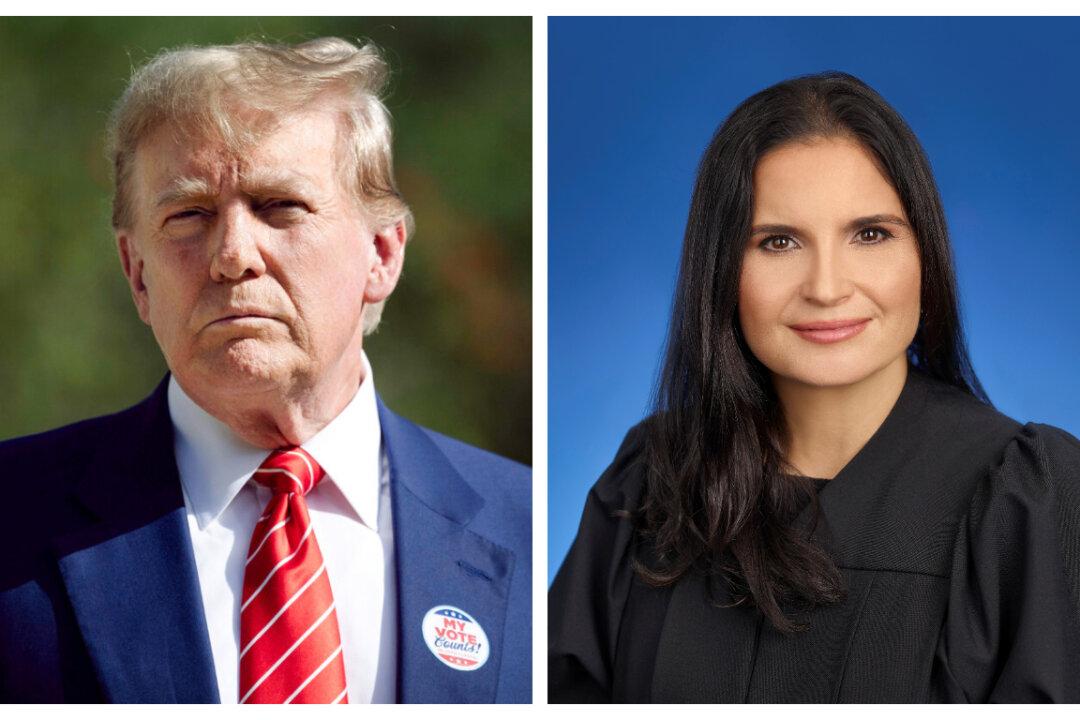Prosecutors renewed their gag order request against former President Donald Trump in the classified documents case on May 31 after a federal judge earlier rejected a request without prejudice for procedural reasons.
“The Government moves to modify defendant Donald J. Trump’s conditions of release, to make clear that he may not make statements that pose a significant, imminent, and foreseeable danger to law enforcement agents participating in the investigation and prosecution of this case,” the motion reads.





